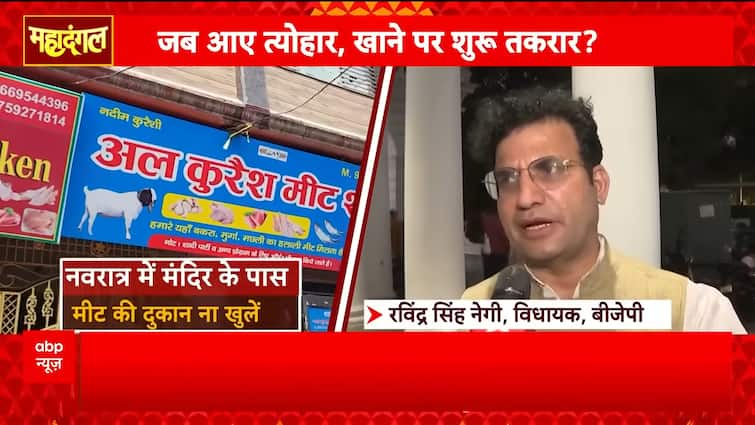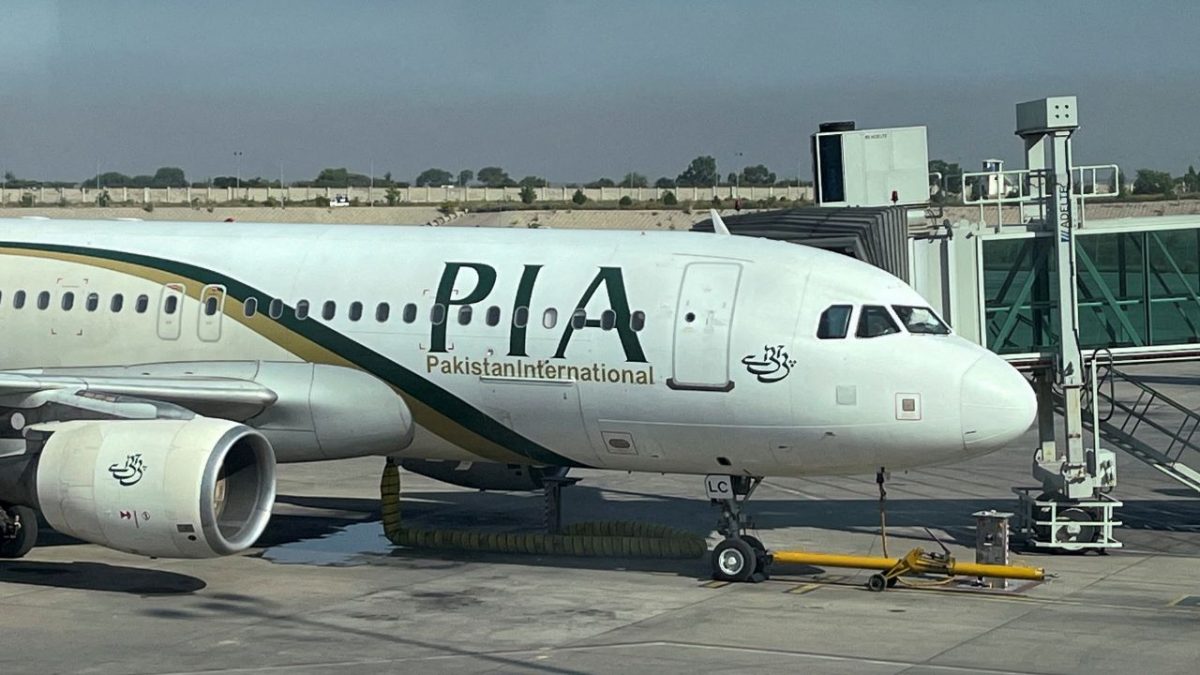As Navratri festivities begin across India, the annual controversy around meat sales during the holy days has once again ignited debate, particularly in Delhi. BJP legislators have written to Home Minister Amit Shah, Delhi CM, and MCD, demanding a ban on meat shops within 100 meters of temples during the nine-day Hindu festival, arguing that open non-veg outlets hurt religious sentiments. Meanwhile, the opposition has slammed the BJP’s move, calling it a publicity stunt and an attempt to marginalize Dalits and minorities. AAP leaders highlighted the contradiction of targeting small meat vendors while luxury hotels continue serving meat and alcohol. Parallel to the meat controversy, Hindu right-wing groups like VHP and Bajrang Dal have issued warnings and guidelines for Garba events. They demand ID checks and application of tilak before entry, specifically to prevent Muslim participation, citing concerns over “love jihad.” Some groups have even proposed sprinkling cow urine at entry gates. These actions have triggered questions around religious freedom, food rights, and rising communal polarization. Critics argue that such measures turn festivals of faith into grounds for political and religious divides, sparking unrest in an already sensitive environment.


)
